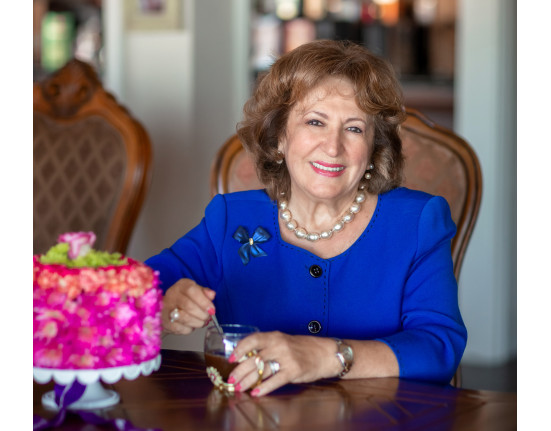“I
was a wonderful parent before I had children.” Adele Faber
Parenting
is not a formula, it is a relationship. As modern parents, we’re discovering
that traditional methods of yelling, threatening, bribing, or punishing often
create temporary obedience – but at the cost of long-term trust, connection,
and inner growth.
Conscious
parenting invites us to shift from control to collaboration, from fear to
understanding, and from reacting to responding with empathy. As Adele Faber and
Elaine Mazlish so beautifully show in their classic book, How to Talk So
Kids Will Listen & Listen So Kids Will Talk, parenting is not about
being perfect – it’s about being present and respectful.
The
Problem with Rewards and Punishments
Many of
us were raised with phrases like: “Do it or else…”, “Be good and I’ll buy you a
toy”, “If you don’t behave, you’re grounded.” These methods may get results,
but they often ignore the child’s emotions, dismiss their autonomy, and teach
them to behave for a prize – or out of fear – not because they understand the
value of cooperation, responsibility, or empathy.
Faber
and Mazlish explain: “Punishment often leads to rebellion, revenge, guilt,
or resentment – not to reflection and growth.”
Similarly,
constant rewards can become manipulative. When children expect praise or
presents for every helpful act, they stop doing it from the heart. We begin
raising performers, not people.
So What
Works?
Acknowledge
Feelings First
One of
the most powerful tools in conscious parenting is validating a child’s emotions
before addressing behavior. As Faber writes: “Children need to have their
feelings accepted and respected.” Instead of: “Stop crying – it’s
not a big deal!”, try: “I see you’re upset. Something didn’t feel fair, huh?” This
doesn’t mean you approve of every behavior. It simply means you’re building
trust by seeing their humanity first.
Describe
What You See
Rather
than labeling behavior as “bad” or “naughty,” describe the situation. For
example: Instead of: “You’re such a slob!” Try: “I see clothes on the floor and
an open backpack.” This invites
awareness without shame.
Offer
Choices, Not Commands
Power
struggles often happen when children feel controlled. Offer respectful choices:”
You can brush your teeth now or in five minutes – your pick.” “You can walk or
skip to the car.” Choice empowers cooperation.
Replace
Rewards with Recognition
Rather
than: “Good job! Here’s a sticker!” Try: “You worked so hard on that project. I
noticed your focus and how you didn’t give up.” Recognition builds intrinsic
motivation – the kind that lasts a lifetime.
Focus
on Solutions, Not Punishment.
If a
child makes a mistake, involve them in problem-solving. “What happened?” “What
do you think we can do next time?” “How can we make it right?” This builds
accountability without shame.
Connection
Over Control
Conscious
parenting isn’t soft – it’s strong in the places that matter most. It’s
grounded in empathy, communication, and boundaries that teach – not terrify.
As
Faber and Mazlish remind us: "Discipline that hurts may stop a behavior
temporarily, but it damages the relationship. Real discipline is
guidance."
When
children feel seen and heard, they grow into secure, respectful, and emotionally
intelligent people – not because we forced them, but because we believed in
them.
Parenting
is not about producing obedient robots – it’s about raising whole human beings.
Rewards and punishments may get short-term results, but only connection builds
character.
So the
next time your child tests your limits, pause. Breathe. And remember: behind
every misbehavior is a need. Behind every tantrum is a child longing to feel
understood. Conscious parenting asks us to meet them there – with presence, not
power. Because how we respond today becomes their inner voice tomorrow.




















